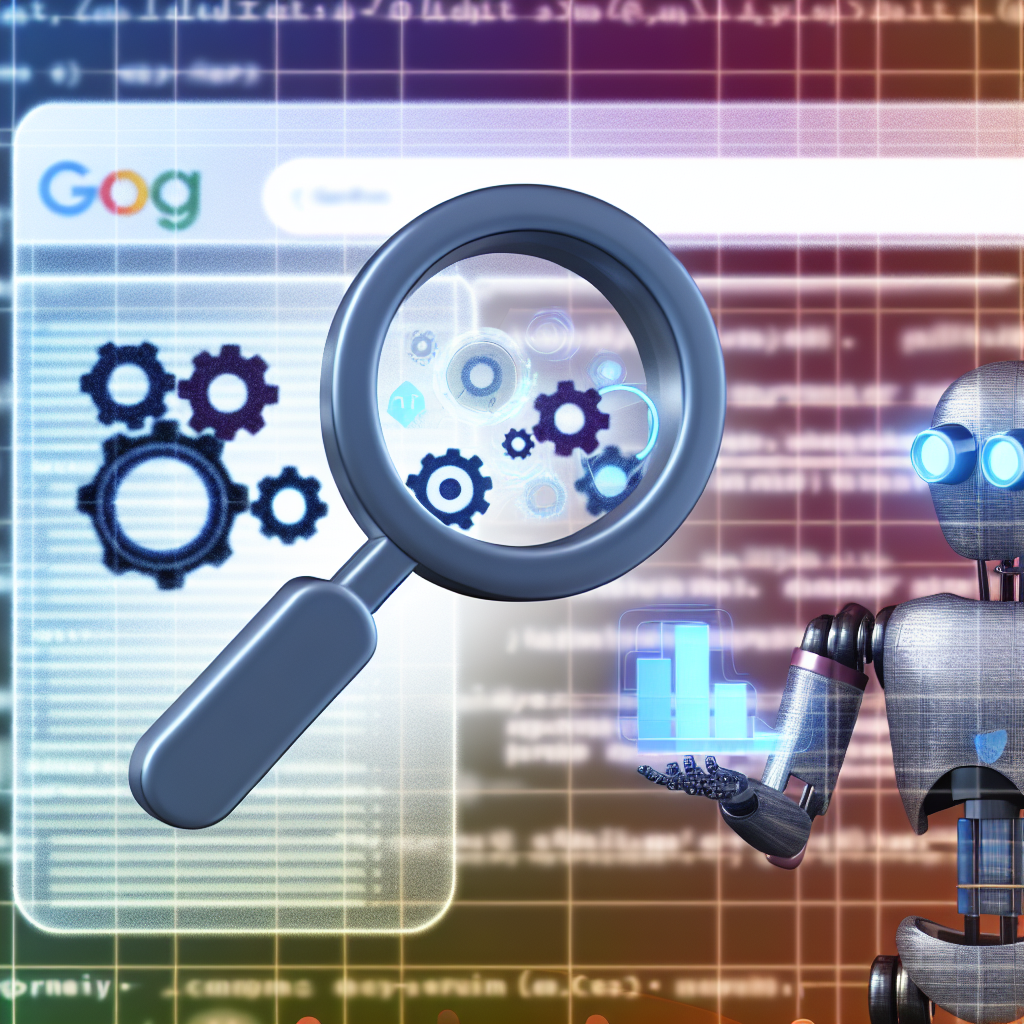The Future of SEO: How AI and Machine Learning are Reshaping Search Marketing
Introduction
The landscape of search engine optimization (SEO) is rapidly evolving, driven by the rise of artificial intelligence (AI) and machine learning. As search algorithms become more sophisticated, traditional SEO strategies are being transformed, requiring C-suite marketing executives and SEO professionals to rethink their approach.
Google’s AI-driven search algorithms, such as RankBrain and the more recent Multitask Unified Model (MUM), continue to shift how queries are interpreted and ranked. These advancements mean that keyword stuffing and traditional link-building tactics are no longer enough to secure top rankings. Instead, brands must focus on creating high-quality, user-centric content that aligns with AI’s ability to understand intent, context, and relevance.
AI and machine learning are also automating many aspects of SEO, from keyword research to content creation and performance analysis. Tools like OpenAI’s GPT models and automation platforms analyze massive datasets in real time to predict search trends, craft optimized content, and even personalize user experiences. This enhances both efficiency and effectiveness in reaching target audiences.
Additionally, conversational AI, voice search, and natural language processing (NLP) have made search more intuitive than ever. Voice assistants like Google Assistant and Alexa understand complex queries, which has led to the increased emphasis on optimizing for conversational and long-tail queries. To adapt, businesses must optimize for voice search, leverage structured data, and create content that aligns with direct questions users ask.
Given these rapid technological advancements, the role of SEO professionals is evolving from tactical execution to a more strategic and analytical function. Today, effective SEO requires a blend of data science, content marketing, and AI-driven automation. Forward-thinking organizations that invest in AI-powered SEO strategies will gain a competitive advantage, ensuring their digital presence remains strong in the ever-changing search landscape.
How AI and Machine Learning Are Changing SEO Forever
Academic and industry research supports the growing influence of AI and machine learning in digital marketing and SEO. A recent study published in the Journal of Information Retrieval (2023) found that AI-enhanced ranking systems significantly improve search relevance and user experience by predicting intent more accurately than traditional keyword-based models ([source](https://www.springer.com/journal/10791)).
Google’s use of AI-driven search improvements, such as RankBrain and BERT, has been extensively documented. Research published in the Google AI Blog explains how BERT processes queries with greater contextual understanding, allowing it to better match searcher intent with relevant results ([source](https://ai.googleblog.com/2019/10/bert-pre-training-of-deep-bidirectional.html)). This means website content must be structured to provide clear, concise answers that align with semantic search principles.
The Role of AI in Automated Content Creation and SEO Optimization
Studies highlight the rise of AI-generated content and automation tools. A report from Forrester Research (2023) found that 58% of marketers now use AI-assisted content creation tools to generate blogs, landing pages, and other digital assets ([source](https://go.forrester.com/research/)). Machine learning-powered tools analyze engagement patterns, predict what content will perform well, and even recommend real-time SEO enhancements.
Moreover, a study conducted by Moz found that AI and machine learning-driven SEO tools improved on-page optimization efficiency by 72%, streamlining tasks such as link-building, metadata optimization, and performance tracking ([source](https://moz.com/research)). This shift allows marketing teams to focus on strategic initiatives rather than manual SEO improvements.
How AI Is Transforming Personalization and User Experience
Another key trend supported by research is the impact of AI on personalization and user experience. A Harvard Business Review article found that AI-driven recommendations can increase conversion rates by up to 30% by delivering hyper-personalized experiences at scale ([source](https://hbr.org/)). For SEO professionals, this highlights the importance of leveraging AI to tailor content to individual users based on search behavior and historical data.
Ultimately, AI and machine learning are not just reshaping SEO tactics but redefining how search engines function. Businesses that embrace these advancements and integrate AI-driven insights will position themselves as industry leaders while delivering more relevant, valuable content to their audiences.
Conclusion: Embrace AI-Driven SEO to Stay Ahead
The future of SEO is deeply intertwined with AI and machine learning, reshaping how brands optimize their digital presence. With algorithms becoming more sophisticated, businesses must move beyond traditional keyword-based strategies and embrace AI-enhanced approaches, including semantic search, automation, and predictive analytics. As research indicates, companies leveraging AI-powered tools see improved search rankings, enhanced personalization, and higher engagement rates. To remain competitive, C-suite marketing and SEO professionals must stay ahead by adopting AI-driven SEO strategies that align with evolving search algorithms. The organizations that integrate AI into their SEO frameworks today will be best positioned for long-term digital success.
Summary: The article explores how artificial intelligence (AI) and machine learning are transforming the landscape of search engine optimization (SEO). It discusses the impact of AI-driven search algorithms, the role of AI in automated content creation and SEO optimization, and the influence of AI on personalization and user experience. The article highlights the need for businesses to embrace AI-driven SEO strategies to stay ahead in the ever-changing search landscape.
References:
1. Journal of Information Retrieval – [AI-enhanced ranking systems](https://www.springer.com/journal/10791)
2. Google AI Blog – [BERT and search query understanding](https://ai.googleblog.com/2019/10/bert-pre-training-of-deep-bidirectional.html)
3. Forrester Research – [AI in content marketing](https://go.forrester.com/research/)
4. Moz – [AI-driven SEO tools impact](https://moz.com/research)
5. Harvard Business Review – [AI and personalization in digital marketing](https://hbr.org/)

Dominic E. is a passionate filmmaker navigating the exciting intersection of art and science. By day, he delves into the complexities of the human body as a full-time medical writer, meticulously translating intricate medical concepts into accessible and engaging narratives. By night, he explores the boundless realm of cinematic storytelling, crafting narratives that evoke emotion and challenge perspectives.
Film Student and Full-time Medical Writer for ContentVendor.com
